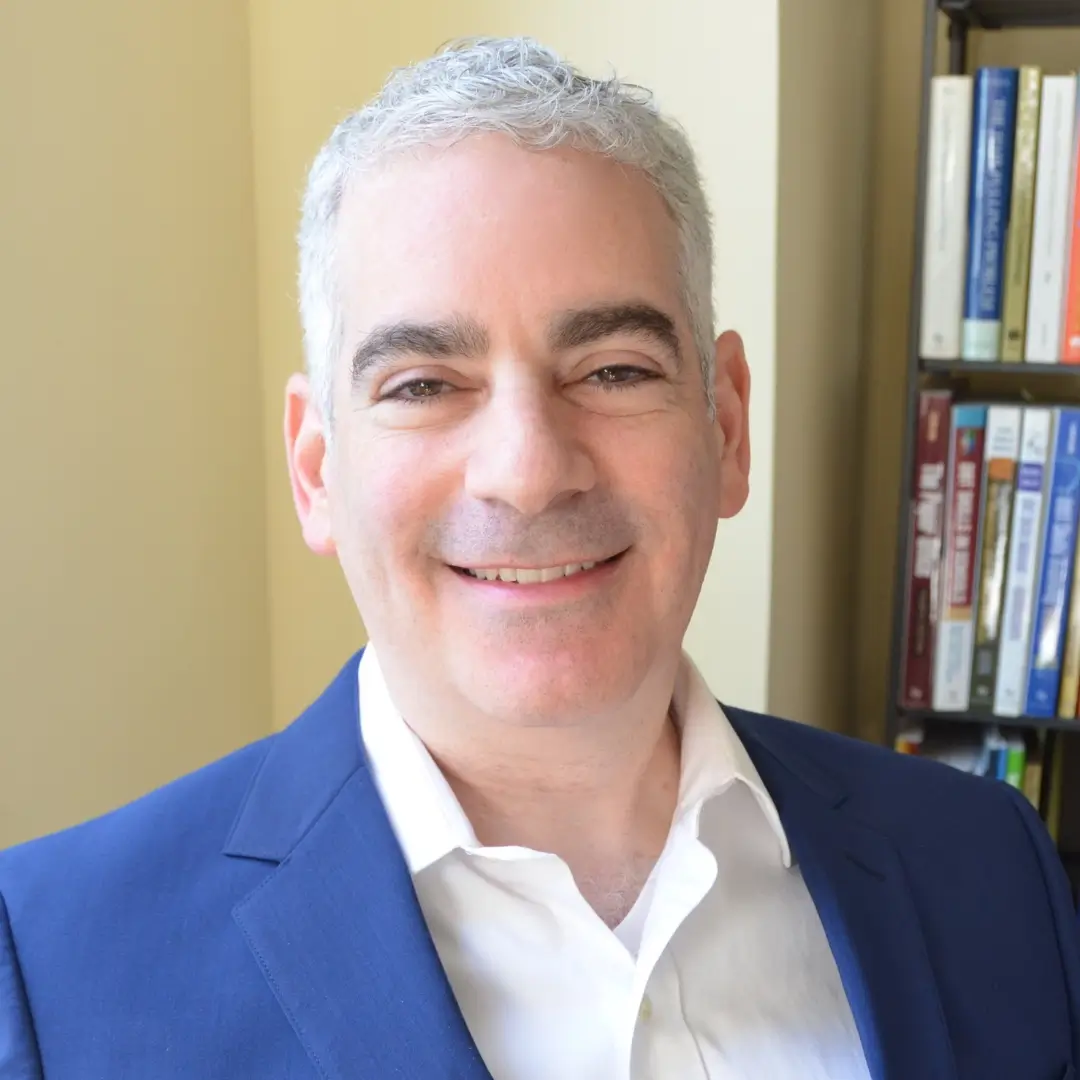Are you plagued by doubts about things that happened in the past? Are you concerned that things may not have happened just the way you remember them? Does the possibility that you’ve remembered things incorrectly fill you with anxiety, guilt, or shame? If these questions speak to your experience, you could be dealing with real event OCD. Read on to find out more about this condition, and ways to find relief.
What Is OCD?
Obsessive-compulsive disorder (OCD) is a condition characterized by the presence of recurrent, unwanted thoughts or images (obsessions) and/or behaviors (compulsions) that are an attempt to reduce the emotional distress caused by these obsessions. Many of the disturbing intrusive thoughts in OCD are about things that might happen in the future, and lead to fear about related outcomes. Sometimes, however, obsessions can take hold around things that have already happened in the past. One example of this is known as “real event OCD.”
What Is Real Event OCD?
Real event OCD centers on uncomfortable and scary doubts regarding events in the past that actually occurred. It also focuses on fears around the events’ implications. It’s important to note that real event OCD isn’t separate from OCD – it’s just one of many ways that OCD can manifest itself.
Discomfort with doubt and uncertainty is a core feature of all types of OCD. Intrusive thoughts are often about unsettling or scary “what if” questions that can’t be answered with certainty. The possibility that the “what ifs” could be true is what causes fear. This doubt can be hard to tolerate. But why do “what if” thoughts come up around events that have already happened? How can there still be uncertainty?
The nature of fears related to the real event OCD
In real event OCD, the unsettling or scary doubts – the “what ifs” – aren’t about the event itself. Instead, sometimes they have to do with a fear of misremembering important parts of the event and having done something wrong, someone else having done something wrong, or being a “bad person.” Accordingly, compulsions in real event OCD usually aim to verify that these fears aren’t true. Given the impact of these fears, people with real event OCD often experience a lot of guilt and shame.
The importance of guilt and shame in real event OCD
Emotions like guilt and shame play an important role in everyday life. They alert you to times that you’ve violated social rules or your own morals and standards. They can motivate you to apologize or make amends, and to change how you behave moving forward. People without OCD often replay past events in their minds when they feel regret, guilt, or shame. And typically, after thinking about the event and analyzing what happened, they are able to let it go and move on.
However, in real event OCD, guilt and shame are disproportionate to the situation and can keep you in an endless cycle of self-criticism and mentally replaying the event. This cycle fuels concern about your responsibility for the consequences of past events – which you may not even be truly responsible for. If you have real-event OCD, you likely spend lots of time and energy trying to attain certainty about a past event, or about whether you’ve done something wrong.
Examples of Real Event OCD Symptoms
Obsessions in real event OCD:
- I said something mean that hurt my friend’s feelings when I was in high school. What if I was meaner than I remember? Maybe I ruined their self-esteem and negatively altered the course of their life!
- Was I negligent on that work project? Did I overlook something that led to a tragedy?
- I gave that delivery driver the wrong directions by mistake…How incorrect were they? What if he got fired because the shipment was delayed due to my directions?
- I drove while tipsy a few times in my early 20s, and told others about it at the time. What if the way I talked about this to others led them to think that this was ok to do, and they later were injured or hurt others by driving drunk?
- When I lost my temper at work last month, was that a sign that I’m someone who will lose my cool and become violent at a moment’s notice? What exactly did I say?
- I saw that the cashier overlooked ringing up some of the items in my order, and I didn’t say anything. Is this because I am a thief at heart? What were my thoughts when it happened?

Compulsions in real event OCD:
Compulsions in OCD are often observable (e.g., compulsive handwashing, repeated checking), but not always. Mental compulsions also play a big role in OCD, including in real event OCD. Mental compulsions are actions you take in your mind. They can be especially prominent in real event OCD because the past event in question lives in your memory. Though mental compulsions aren’t visible to others, they play the same role as more overt compulsions and rituals.
Common real event OCD compulsions include:
- Mental review
- This is the most common compulsion for people with real event OCD
- Replaying the past event in your mind over and over, trying to scrutinize and assess it, to reach conclusions about your feared outcomes
- Rumination
- A repetitive thought pattern in which you think about past events over and over, analyzing them. It feels like problem-solving, or a way to resolve doubt – by learning a lesson, figuring out a solution, etc.
- Tends to consume a lot of mental space and emotional energy, and feels draining
- Self-reassurance
- Reviewing and emphasizing facts and other beliefs you currently hold that contradict the fears you have related to past events, to try to “prove” to yourself that you’re not a “bad person”
- Self-punishment
- Denying yourself pleasurable experiences or actively creating discomfort for yourself to “teach yourself a lesson” and atone for your behavior in the past
- Reassurance seeking
- Asking people in your life questions about your past actions, or directly asking for reassurance that you’re not a “bad person” for how you acted
- Often from friends and loved ones, and the Internet (Reddit, social media, Google, etc.)
- Confessing
- You may “confess” or describe past actions in detail to others to atone for your feared wrongdoings, or get forgiveness “just in case.”
How do the obsessions and compulsions feed off each other?
In all forms of OCD, it’s common for people to perform compulsions repeatedly in an effort to reach a feeling of clarity and relief. But even when this does happen, it’s short-lived, and the “vicious cycle” of OCD continues. This cycle shows us that compulsions can be effective in reducing anxiety – but only in the short term. Unfortunately, they serve to continue the cycle of OCD and make anxiety worse over time.
Mental review and rumination are no exception – they also fuel the vicious cycle of OCD. – Even if your analysis feels like it’s leading somewhere, these compulsions are merely ways to try to manage the feelings of doubt, guilt, and shame related to the past event and your role in it.
Treatment for Real-Event OCD
Real-event OCD isn’t a separate condition from OCD – it’s just one of the many ways that OCD symptoms can show up. Fortunately, OCD is treatable. The same proven effective treatments apply to real-event OCD as to any other type of OCD. Relief is possible!
Exposure and Response Prevention
Cognitive-behavioral therapy (CBT) and, more specifically, exposure and response prevention (ERP) are the gold-standard psychological treatments for OCD. ERP is a form of CBT that specifically targets OCD. Working with an experienced ERP therapist can help you identify your real event OCD symptoms, including mental review, rumination, and other mental compulsions. This is an important step in the process of overcoming OCD.
You and your therapist will collaborate to design exercises called exposures. Your therapist will guide you through these exercises, which deliberately provoke discomfort related to your obsessions. This lets you practice facing your fear, guilt, and shame about past events in a therapeutic way – by refraining from engaging in any compulsions or rituals. This is called response prevention. Resisting compulsions is often easier said than done, but your therapist will teach you how and help you practice as part of treatment.
ERP treatment is helpful for OCD because you learn to ride out uncomfortable emotions without needing to respond to them with compulsions or avoidance. This helps you grow your ability to tolerate uncertainty and break free from the vicious cycle of OCD.
If you wonder whether you have real event OCD, or would like to start the process of breaking free from real event OCD, contact us today.










